International experts in the areas of violence prevention and treatment of victims.
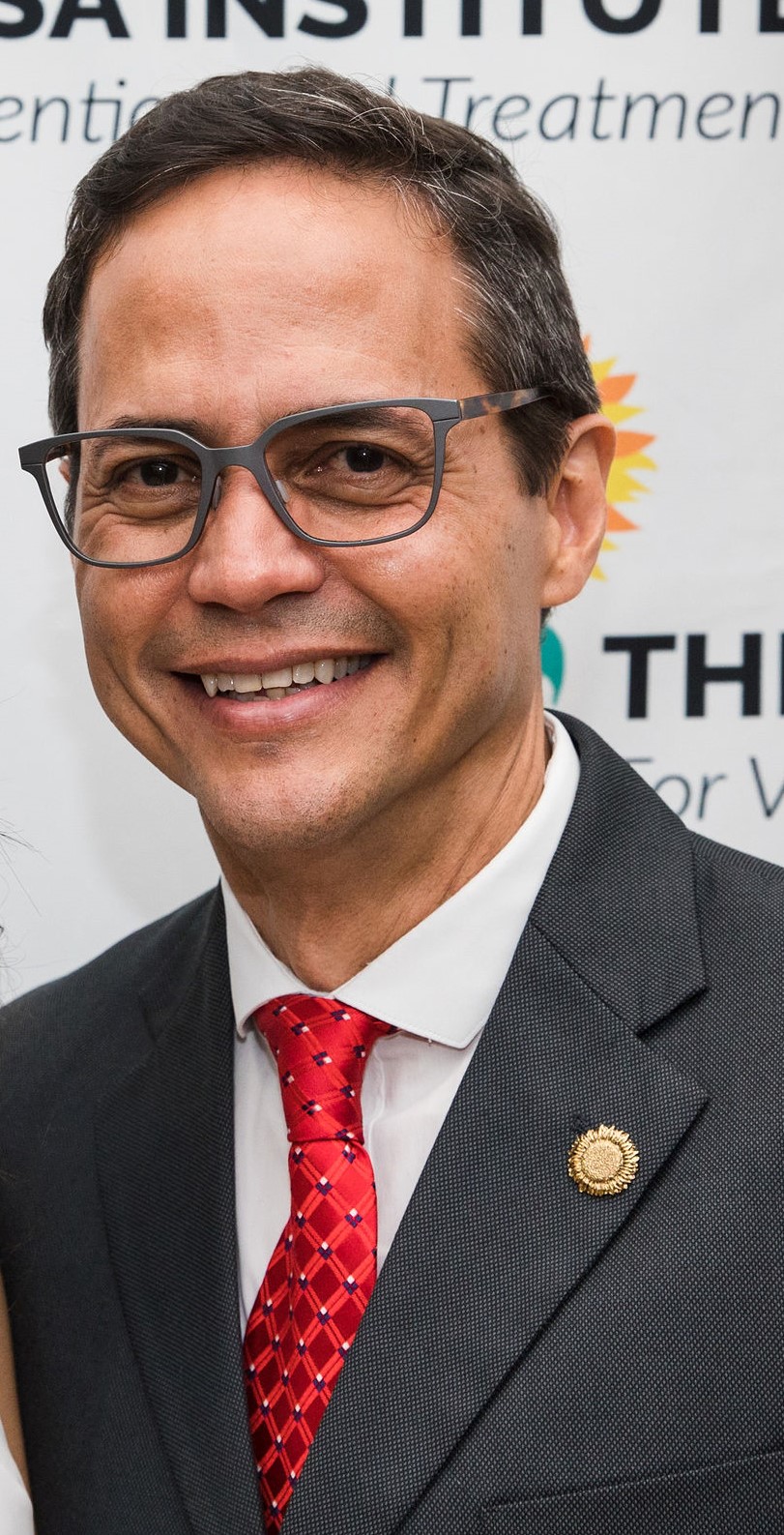
Etiony Aldarondo, Ph.D.
Executive Director of The Melissa Institute for Violence Prevention and Treatment and President of the Behavioral Sciences & Wellness Networks

Leena K. Augimeri, Ph.D.
Director, SNAP Scientific and Program Development, & Centre for Children Committing Offences, Child Development Institute & Adjunct Professor, University of Toronto
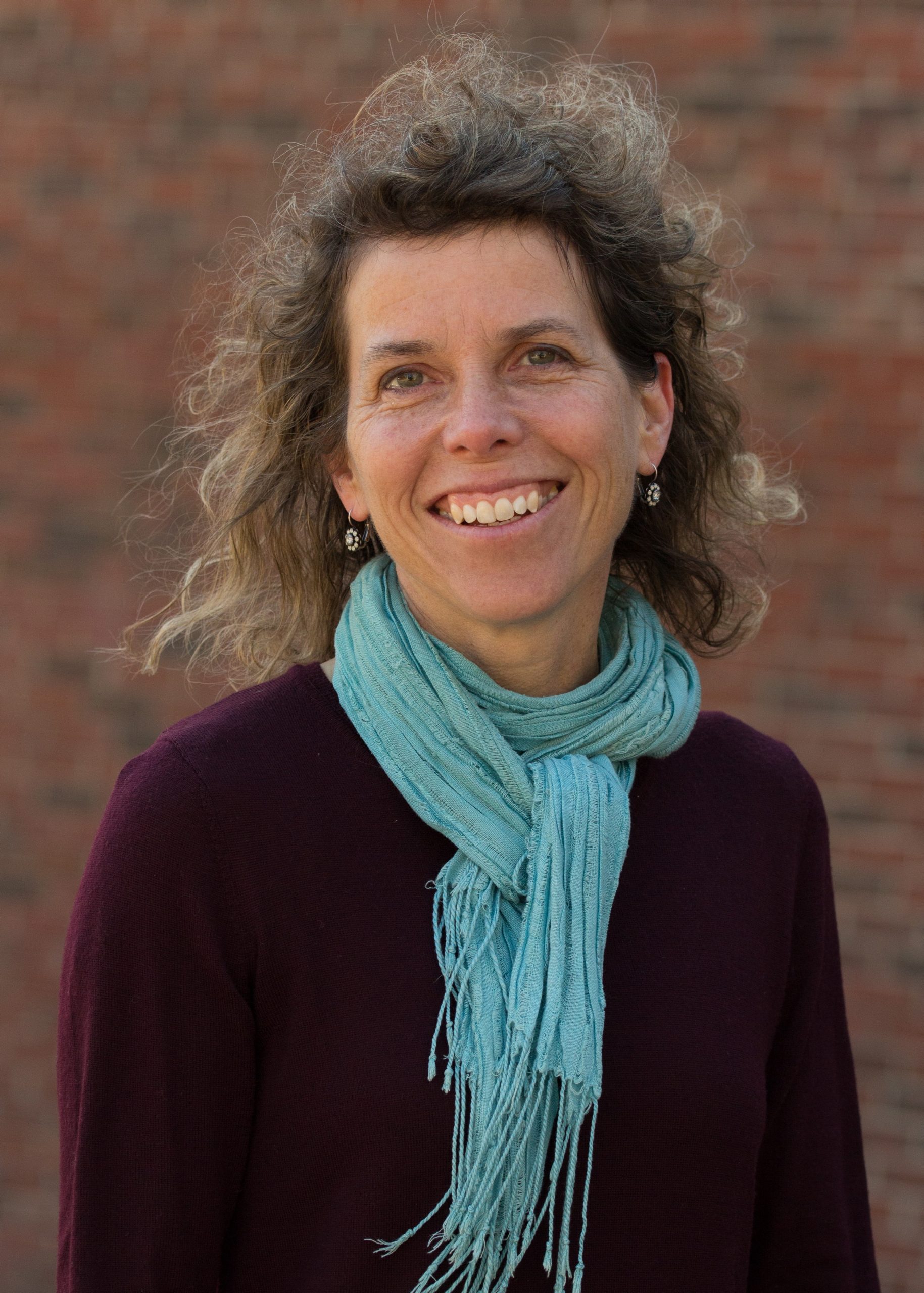
Victoria Banyard, Ph.D.
Professor at Rutgers, The State University of New Jersey; Associate Director of the Center on Violence Against Women and Children

John Briere, Ph.D.
Associate Professor of Psychiatry and Psychology Keck School of Medicine University of Southern California Director USC Adolescent Trauma Training Center (USC-ATTC) National Child Traumatic Stress Network
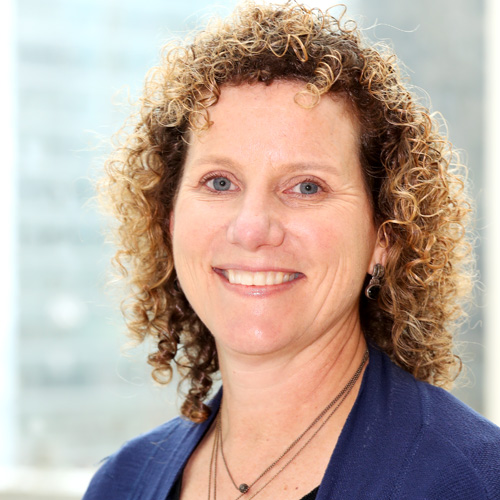
Colleen Cicchetti, Ph.D., M.Ed.
Executive Director of the Childhood Resilience Center at Ann and Robert H. Lurie Children’s Hospital in Chicago and Assistant Professor at the Feinberg School of Medicine, Northwestern University

Annette M. La Greca, Ph.D., ABPP
Distinguished Professor of Psychology and Pediatrics, University of Miami, and Director of Clinical Training for the University of Miami’s APA-Accredited Clinical Psychology Program.
UM Profile | ResearchGate | Google Scholar | Youth Risk and Resilience Lab Facebook and Twitter
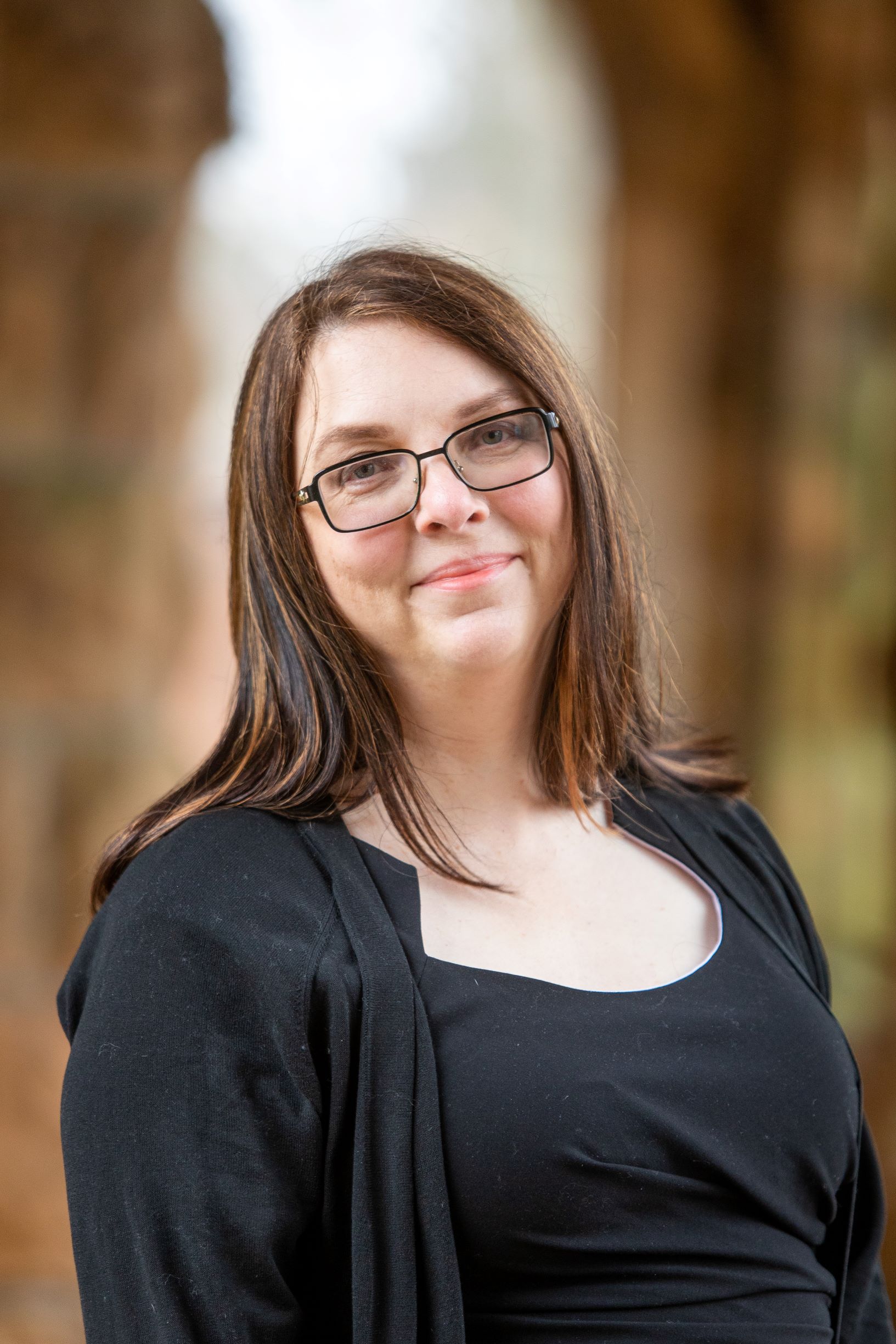
Sherry Hamby, Ph.D.
Research Professor of Psychology at the University of the South and Director of the Life Paths Research Center.
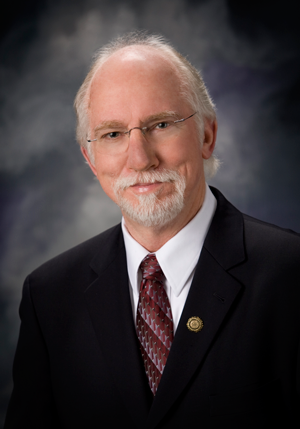
Jim Larson, Ph.D., NCSP
Professor Emeritus of Psychology and former Director of the School Psychology Training Program at the University of Wisconsin, Whitewater
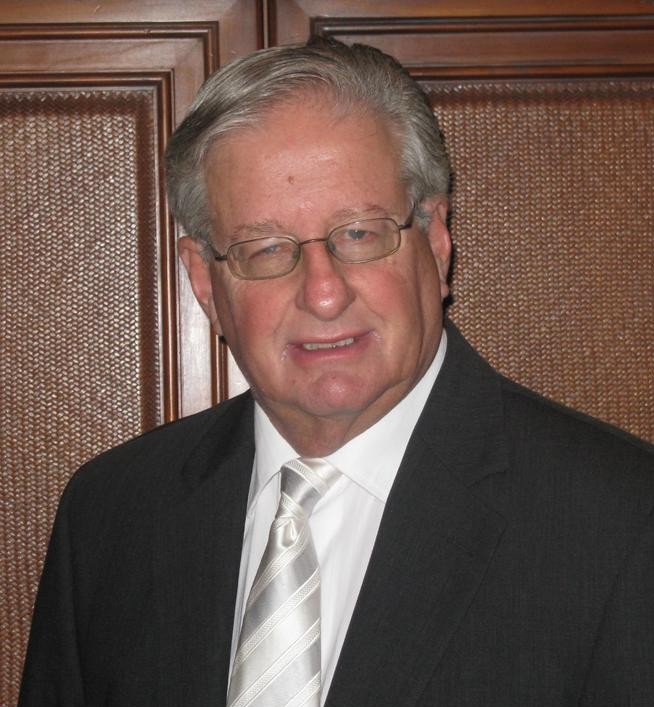
Donald Meichenbaum, Ph.D.
Research Director of The Melissa Institute and Distinguished Professor Emeritus, University of Waterloo, Ontario, Canada
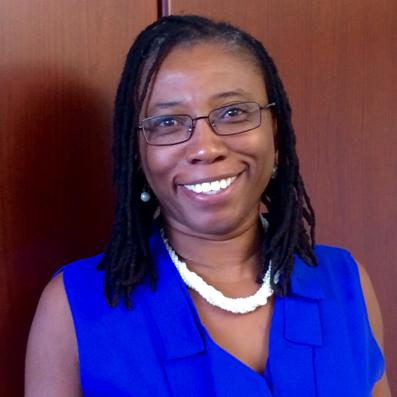
Guerda Nicolas, Ph.D.
Associate Professor in the Department of Educational and Psychological Studies at University of Miami, School of Education and Human Development and affiliated faculty with Institute for the Study and Promotion of Race and Culture (ISPRC) at Boston College

Clifford R. O'Donnell, Ph.D.
Professor Emeritus of Psychology, founding Director of the Community and Culture Psychology Graduate Program at the University of Hawai'i, and Honorary International Fellow of the Centre for Applied Cross-Cultural Research at Victoria University in New Zealand
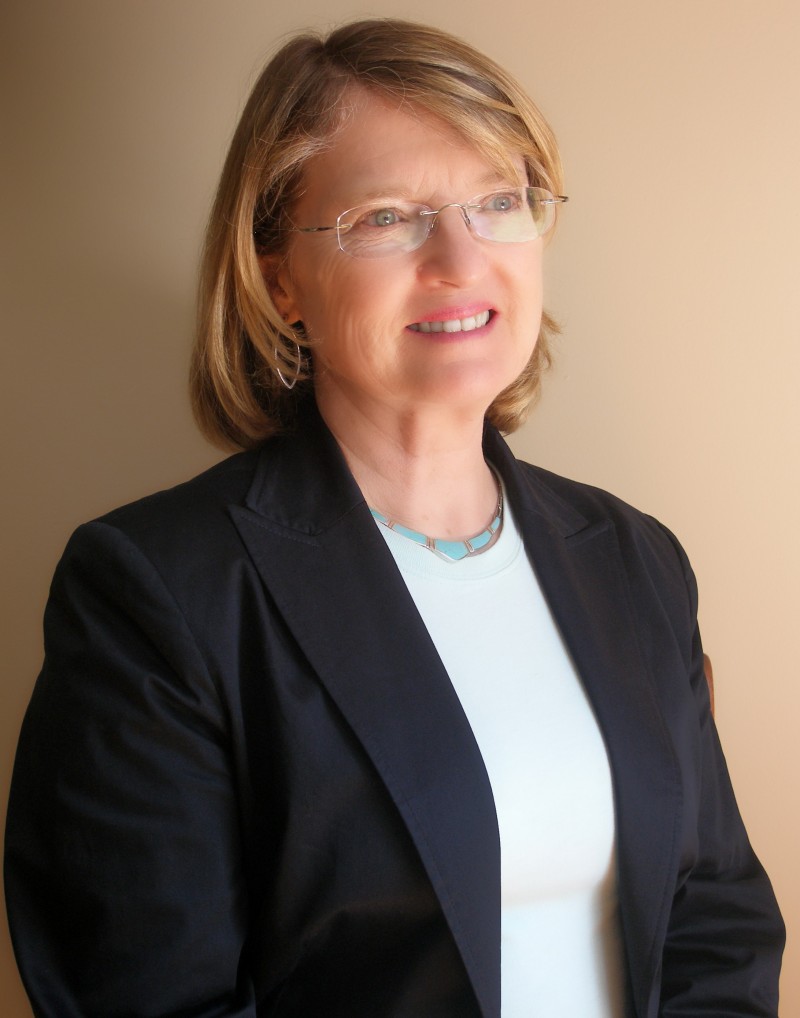
Debra J. Pepler, Ph.D., C. Psych.
Distinguished Research Professor of Psychology at York University, Toronto, Ontario, and co-director of the Promoting Relationships and Eliminating Violence Network (PREVNet), Canada’s national initiative for bullying prevention

Alex R. Piquero, Ph.D.
Professor and Chair of the Department of Sociology and Arts & Sciences Distinguished Scholar the University of Miami and Professor of Criminology at Monash University in Melbourne, Australia
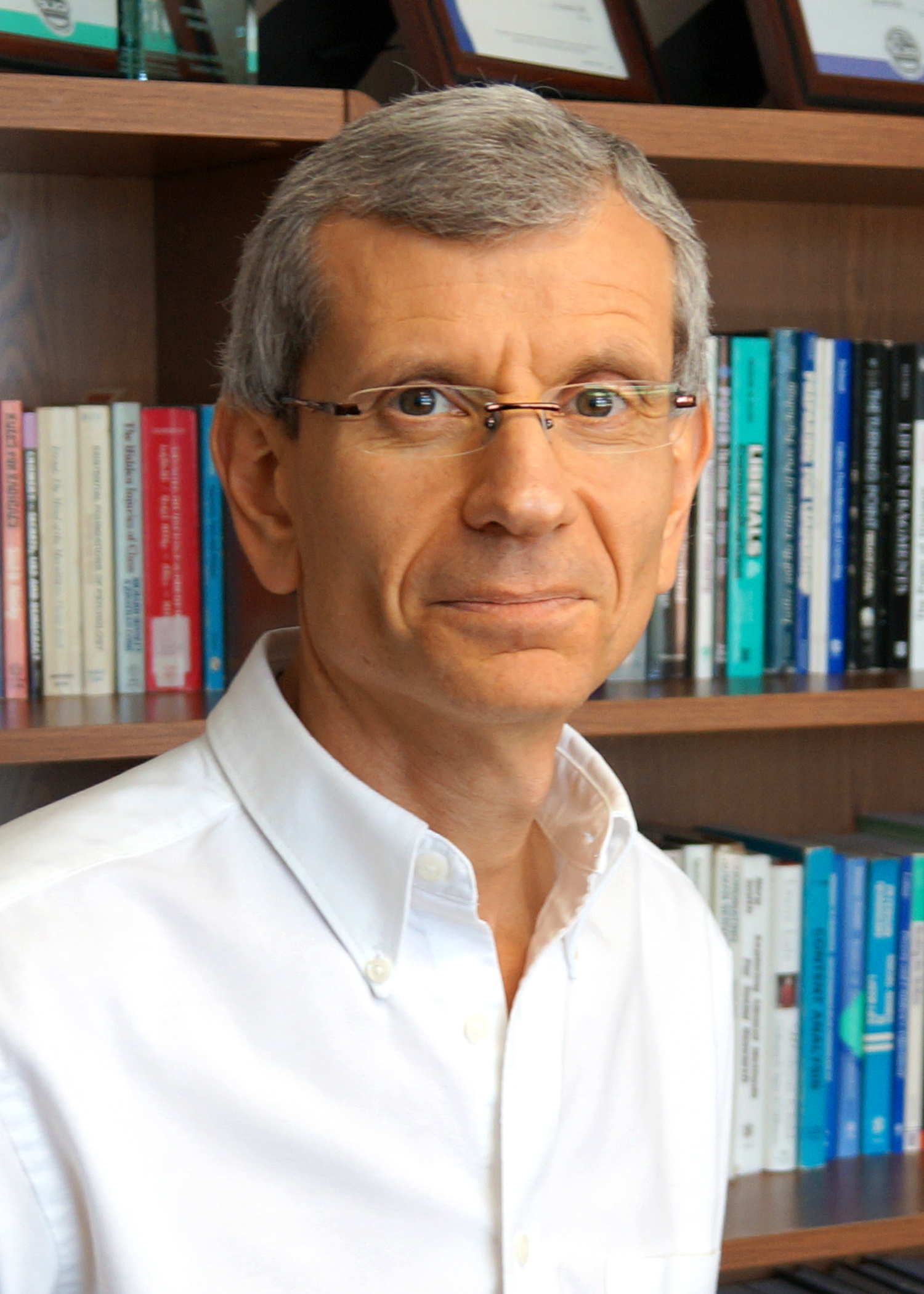
Isaac Prilleltensky, Ph.D.
Vice Provost for Institutional Culture
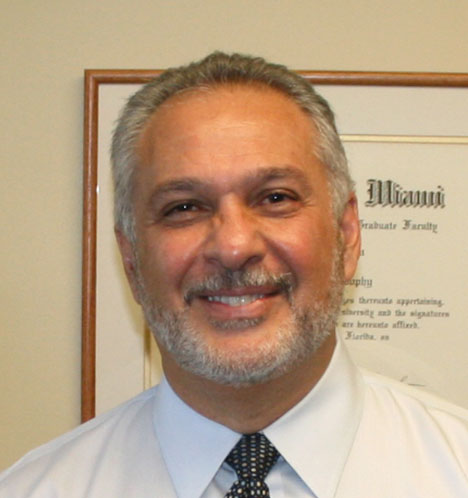
Daniel Santisteban, Ph.D.
Professor Educational and Psychological Studies - School of Education and Human Development at the University of Miami
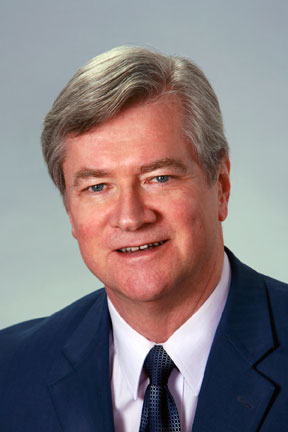
Ron Slaby, Ph.D.
Developmental psychologist, research scientist, and educator Senior Scientist, Center on Media & Child Health Boston Children’s Hospital / Harvard Medical School
- the CDC’s first comprehensive National Agenda for the Prevention of Violence
- the World Health Organization’s global program for Preventing Violence in Schools
- the American Psychological Association Commission’s Reports on Violence and Youth
- the NAEYC book Early Violence Prevention: Tools for Teachers of Young Children
- the evidence-based middle school curriculum Aggressors, Victims, & Bystanders
- the multi-media bullying prevention program Eyes on Bullying: What Can You Do?
- the program to help prevent men’s violence against women and other gender-related violence Mentors in Violence Prevention (MVP)
